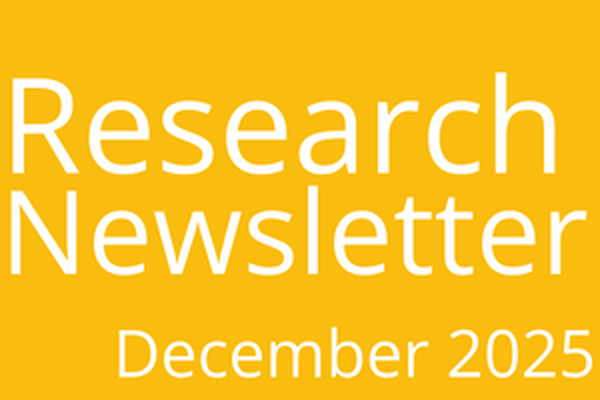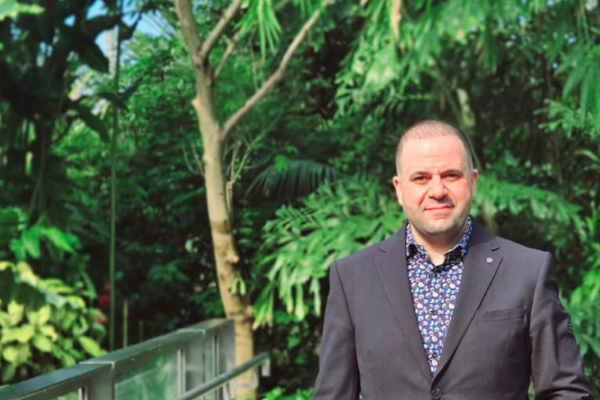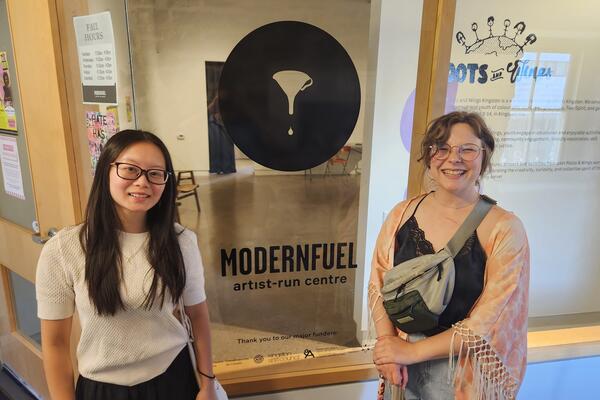
About us
The vision of the Centre for Community Engagement and Social Change is to build a world in which all students, families, and communities belong and flourish by advancing equitable and inclusive education.
Our mission is to apply the principles and practices of participatory and transformative community engaged research and teaching in partnership with educational leaders, schools, students, family members, and community organizations at local, national, and international levels. Through these partnerships we develop educational policies and practices that support belonging and flourishing. We build innovative research-driven, collaborative solutions, training, and resources for the most pressing challenges in education.
We are realizing our vision and mission by
- Reimagining educational practices, policies, and cultures through prioritizing the knowledges and perspectives of historically marginalized groups in education.
- Engaging community-based research to develop, implement, and evaluate community-led initiatives with local, national, and international partners.
- Advancing knowledge by using research results to realize our mission and vision.
- Engaging the arts and story to bring communities together, gain new insights and share experiences about pressing educational challenges.
- Creating networks and mentorship opportunities for faculty, students, staff and partners interested in implementing community engaged research, evaluation and teaching initiatives.
The CCESC is guided by the core principles of community participation, collaboration, reciprocity and impact in research. We embrace the Carnegie Foundation’s definition of community engagement.
Want more details?
Join our mailing list here for updates and upcoming events!


